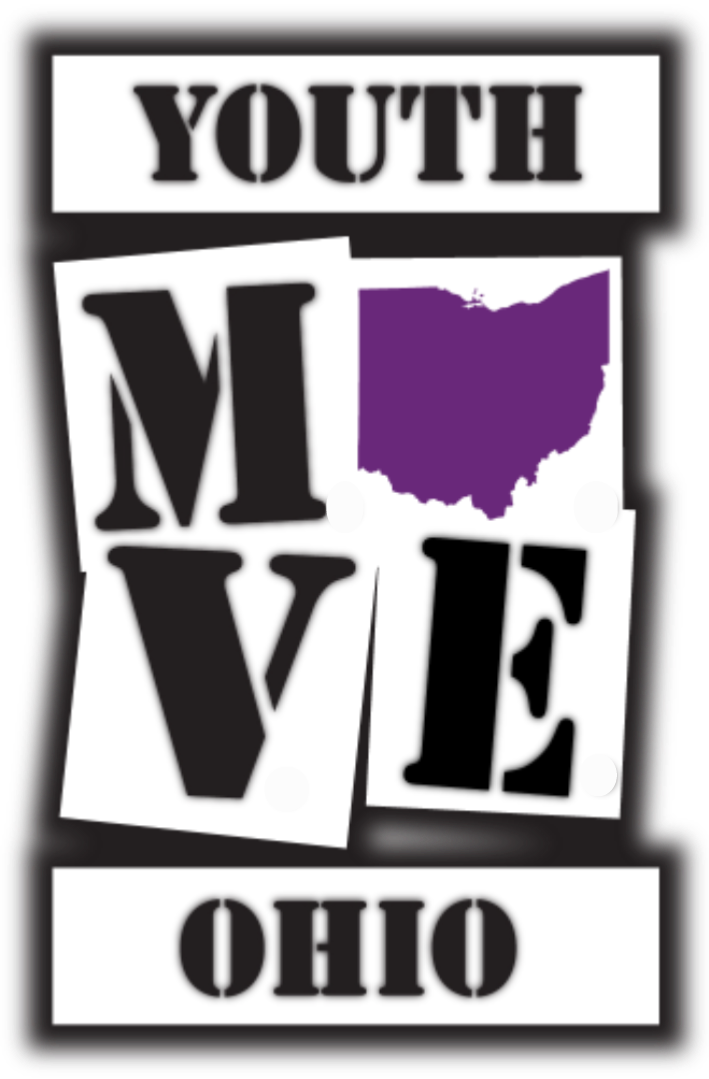The Eight Dimensions of Wellness, developed by Dr. Bill Hettler, describes holistic wellbeing across various aspects of life. These dimensions include emotional, spiritual, physical, intellectual, financial, occupational social and environmental wellness. Each of these dimensions contribute to an individual’s overall quality of life. By taking time to invest in the development of these dimensions, we can better support ourselves as peer supporters and individuals in recovery. Building resiliency through the supporting our wellness in the eight dimensions will promote a balanced and fulfilling life.
Part of maintaining recovery and working effectively as a peer supporter includes being emotionally well. We can cope with and express our emotions through investing in our emotional wellness. Self-care and stress management are important tools to help cope with negative emotions. Journaling, talking to a support person, or listening to music are a few options for caring for ourselves and our emotional wellness. During times of stress and crisis, resources like a therapist or crisis line can make a positive impact for our emotional wellness. Taking time to support our emotional wellness helps us to be resilient during the challenging situations we may experience in life.
Mental health and physical health are connected and equally important to maintaining balance and wellness. The physical wellness dimension includes components such as regular physical activity, getting enough sleep, and eating a nutritious diet. We can also develop our physical wellness by avoiding unhealthy habits like smoking. Attending regular appointments with healthcare professionals such as the dentist and primary care visits supports our physical wellness.
Intellectual wellness is the third of our Eight Dimensions of Wellness to consider when developing our overall wellness. We support intellectual wellness by developing our creativity and ability to learn over our lifetime. Creativity can develop through many different avenues, a great way to express your creativity is by joining a group or club with those who share similar interests. Art, writing, and music are all creative ways to express yourself. Through curiosity and the desire to learn, we develop our intellectual wellness.
Humans are social creatures; we rely on each other for support and encouragement. Through social wellness we can develop these relationships with others. An important component of social wellness includes communication skills, we can practice good communication through active listening and resolving conflict constructively. Engagement with local supportive agencies through volunteering can support a feeling of connection to those around us. For maintaining social wellness, building relationships with others and reaching out for help when we need it is important.
Spirituality is unique to every individual and is another component of holistic wellness and there are numerous ways to connect with spirituality. Joining a faith community can be an avenue for cultivating spirituality. Mindfulness and meditation as a spiritual practice can promote inner exploration and interconnectedness. Spirituality can also be found in our beliefs and values we hold, or through connection to others. These practices will vary between individuals and between different cultures.
We are interdependent with the environment as human beings, being good stewards of the world around us through environmental wellness supports our relationship to the world. We can achieve environmental wellness by connecting to nature. Spending time outside to appreciate the world around us is an important aspect of environmental wellness, biking, swimming and walking outdoors are a few examples of ways to spend time outdoors. When we spend time in nature, we must be aware of our impact and be sure not to litter or otherwise negatively impact the environment.
Many of us find purpose and fulfillment through working and our careers. Occupational wellness will impact our ability to feel fulfilled in our career. Creating work-life balance is an important aspect of this. We must have boundaries and practice good self-care on and off the clock. We can invest in our occupational wellness through education and training to learn more about our field. It is important to keep a positive work environment in mind when seeking a job and ask questions about the work culture while interviewing.
The last component of the Eight Dimensions of Wellness is financial wellness. Money can be a huge stressor for many of us. We can take steps towards financial wellness through creating and following a budget, educating ourselves about credit or investments, and saving for emergencies. Many banks and financial institutions offer educational videos or courses that can help with managing our finances well.
When we consider the Eight Dimensions of Wellness when making decisions, we can achieve holistic wellbeing. Collectively these dimensions to comprehensive wellness, emphasizing that true wellness is multifaceted. By nurturing each of these dimensions in our lives, we support our recovery and resiliency.


